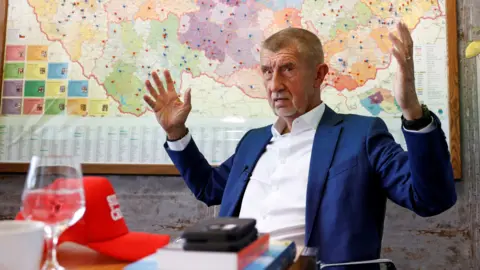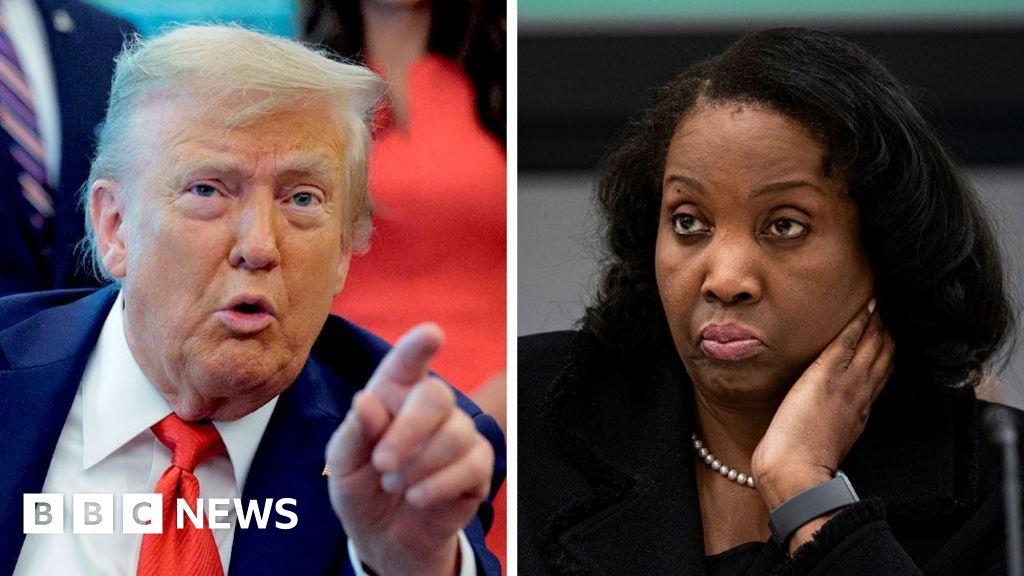Cuban Minister for Labour Marta Elena Feitó Cabrera has resigned after facing intense backlash for asserting that there are no beggars in Cuba, a statement made during a parliamentary session. Her comments, which suggested that individuals scavenging through rubbish bins were merely seeking "easy money," ignited widespread condemnation from the public and criticism from President Miguel Díaz-Canel.
Amidst an economic crisis, with increasing levels of poverty and food shortages, Cuban citizens have decried Feitó Cabrera's remarks as a glaring disconnect from their lived realities. The minister's statement was met with incredulity, as many in Cuba have witnessed a rise in people rummaging through trash for sustenance, exacerbated by fuel shortages and frequent power outages.
Díaz-Canel's comments during the parliamentary meeting implicitly rebuked Feitó Cabrera, emphasizing that government officials must remain in touch with the hardships faced by their constituents. As economic conditions continue to deteriorate, the Cuban public's frustration has been palpable, with citizens navigating a landscape where basic necessities like food and medicine are increasingly scarce.
The outrage surrounding the minister's statement prompted a number of activists and communiqués, including an open letter demanding her removal, which highlighted her comments as "an insult to the Cuban people." Cuban economist Pedro Monreal even mockingly suggested that perhaps there were individuals "disguised as ministers," underscoring the absurdity of her claims.
Following the uproar, Feitó Cabrera's resignation was officially accepted by the Cuban Communist Party and the government, marking a significant moment of public dissent in an environment where open criticism is often stifled. The situation spotlights the growing tension within the nation as citizens call for recognition of their struggles and the need for genuine dialogue regarding the challenges they face.
Amidst an economic crisis, with increasing levels of poverty and food shortages, Cuban citizens have decried Feitó Cabrera's remarks as a glaring disconnect from their lived realities. The minister's statement was met with incredulity, as many in Cuba have witnessed a rise in people rummaging through trash for sustenance, exacerbated by fuel shortages and frequent power outages.
Díaz-Canel's comments during the parliamentary meeting implicitly rebuked Feitó Cabrera, emphasizing that government officials must remain in touch with the hardships faced by their constituents. As economic conditions continue to deteriorate, the Cuban public's frustration has been palpable, with citizens navigating a landscape where basic necessities like food and medicine are increasingly scarce.
The outrage surrounding the minister's statement prompted a number of activists and communiqués, including an open letter demanding her removal, which highlighted her comments as "an insult to the Cuban people." Cuban economist Pedro Monreal even mockingly suggested that perhaps there were individuals "disguised as ministers," underscoring the absurdity of her claims.
Following the uproar, Feitó Cabrera's resignation was officially accepted by the Cuban Communist Party and the government, marking a significant moment of public dissent in an environment where open criticism is often stifled. The situation spotlights the growing tension within the nation as citizens call for recognition of their struggles and the need for genuine dialogue regarding the challenges they face.




















